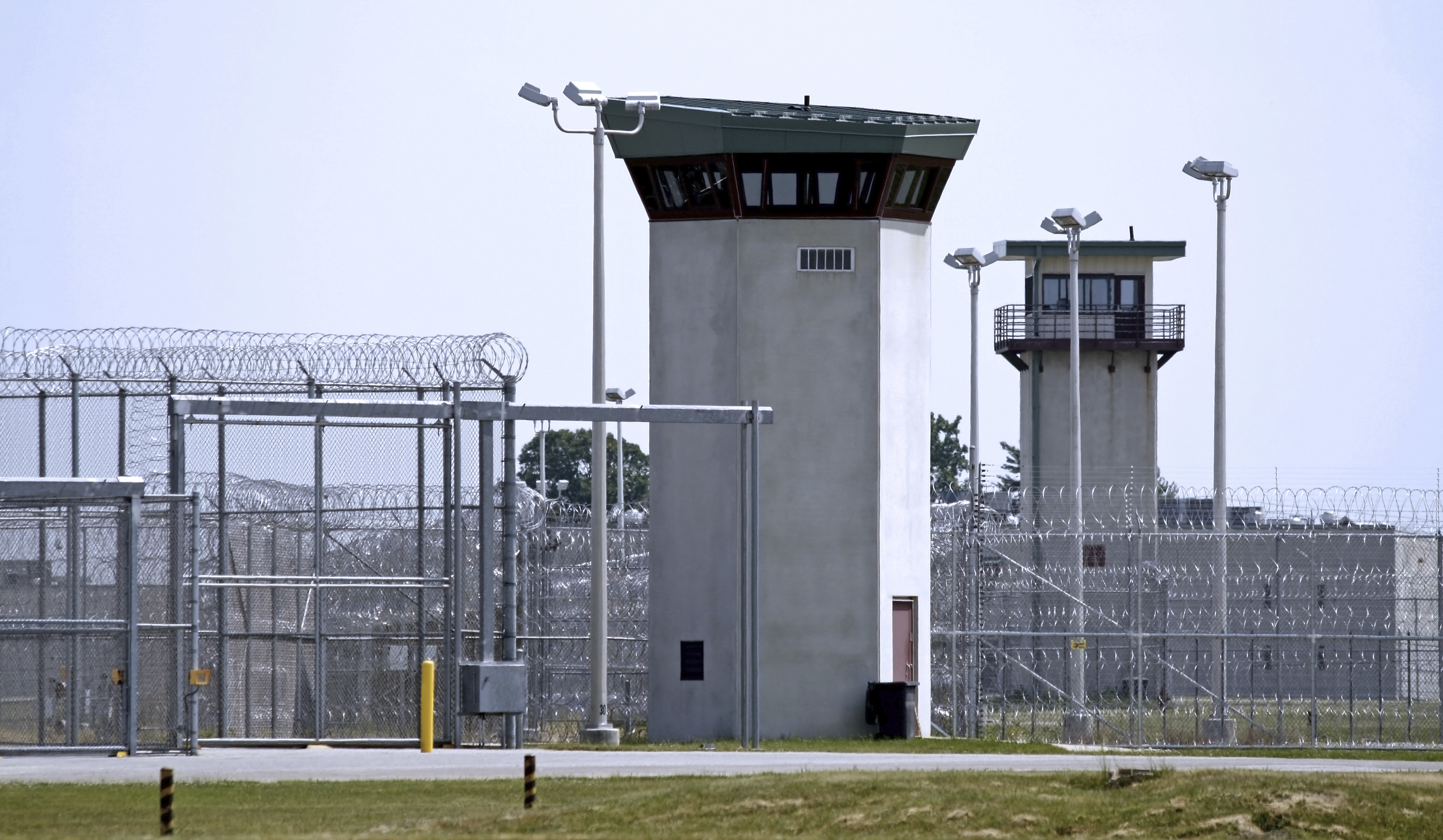Capital improvements lag in IDOC

Illinois Department of Corrections leaders are sitting on hundreds of millions of dollars earmarked for much-needed building repairs and improvements to state correctional facilities, but AFSCME members who work in IDOC say that money isn't translating into action quickly enough.
For fiscal year 2023, DOC had a total of $375 million in appropriations earmarked for repairs and improvements. But only 7% of that money was spent.
Inoperable and inadequate dietary equipment, unsafe and unreliable locking systems, leaky roofs, and failing water, wastewater, and electrical systems threaten the department’s ability to maintain minimum standards that ensure the safety and health of both staff and individuals in custody.
Meanwhile, even basic maintenance has become a struggle. At Logan Correctional Center, heat and sewers have become an issue. At Menard Correctional Center, the kitchen’s roof has been leaking for months. Workers have had to deploy two-dozen milk crates lined with trash bags to catch water dripping from the ceiling.
Most facilities have already hired contractors to do the work, but projects are slow to get off the ground. For 23 projects that were in progress at the beginning of 2023, by year’s end there was no change in obligations owed to contractors, indicating no meaningful progress was made on those projects.
The glacial pace of improvements is causing growing concern among AFSCME members who work in state prisons that are already inherently unsafe. Fear that the roof could collapse any minute adds another layer of danger and stress.
AFSCME members like Rick Hepp, president of AFSCME Local 1175 at Menard Correctional Center, say that when improvements do come, they are too slow to be completed and out of step with the most urgent facility needs.
“In the chain of events between a project being approved and work being completed, the work itself is the quickest and easiest part,” Hepp said. “How crazy is that?”
At Menard, the slow pace of repairs is creating real security concerns. A clogged drainpipe with no fix in sight means that some of the individuals in custody have to use the employee bathroom, compromising security measures at this maximum-security facility.
But security concerns aren’t the only thing giving the members of AFSCME Local 1175 at Menard headaches. The air conditioning has been broken for nearly a year in several buildings, including the employee kitchen.
“The heat can just be unbearable,” said Hepp. “In the summer, we have to endure that day in and day out. There’s nowhere we can go to escape the heat.”
Logan CC has 15 projects scheduled, ranging from security repairs like replacing lock controls and exterior security doors, to basic improvements or maintenance like the installation of a walk-in freezer and mold remediation. Of the $20.7 million earmarked for all of the major projects at Logan, the facility has only spent $2.9 million.
An underground sewer line has been leaking for at least two years. While the department has approved plans and the money to fix it, the project has gone almost nowhere in the last year. The sum of $200,000 was appropriated for the emergency sewer repairs; from December 2022 to November 2023, the facility only spent $19,000, for a total of $39,000.
“All these projects are approved, and they’ve got the money,” said Ken Johnson, president of AFSCME Local 2073 at Logan. “So what are they waiting for?”
The underground steam pipes that heat Logan are leaking in several places throughout the facility. When the heat went out in the administrative offices, the union had to buy space heaters on its own dime to keep the workers in the office warm. In one spot in the yard, they’ve been advised by maintenance crews that it may be unsafe to even walk on the ground because the leaks have created cavities underneath the soil.
And the list of maintenance projects keeps growing.
The amount of money dedicated to repairing and updating facilities in DOC is inadequate to address needed repairs, nor is it keeping pace with the rising costs of unaddressed maintenance needs. Deferred maintenance needs at state facilities grow by an estimated $500 million per year.
“These delays are totally inexcusable,” said Council 31 Regional Director Eddie Caumiant. “The department needs to be held accountable, both in Springfield and at the local level. Local unions are already pressing these issues in labor-management meetings, but we need to keep the pressure on.”